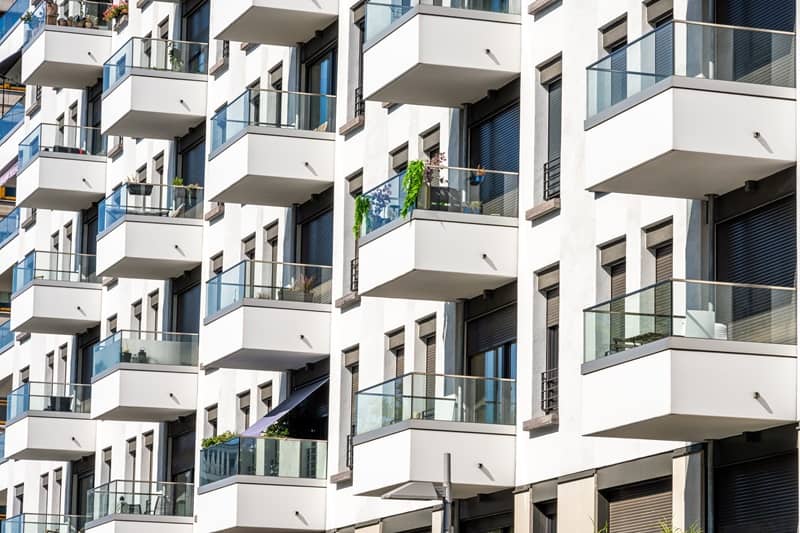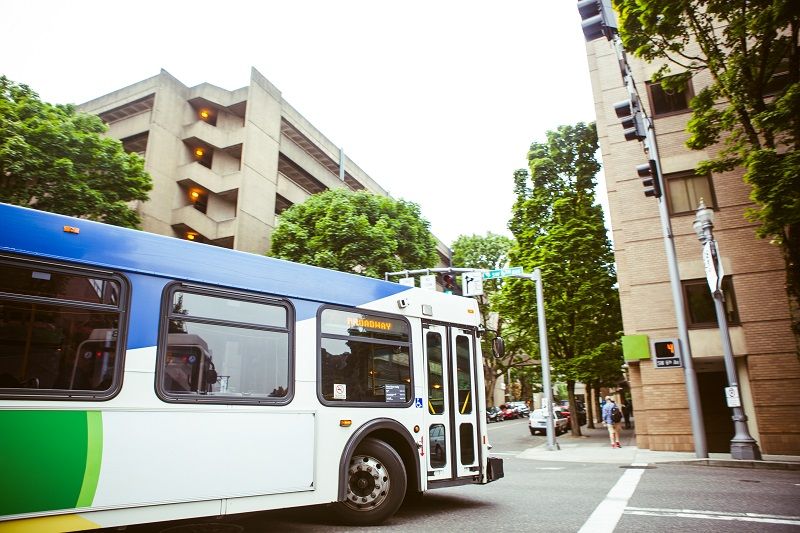By Randal O’Toole
Metro has begun rewriting its 1995 “Future Vision,” which is a first step towards revising its 1997 Regional Framework Plan, also known as the 2040 plan. In view of the dramatic failures of the 2040 plan, Metro should halt this process and move in a different direction.
The 1995 Future Vision called for affordable housing, transportation that accesses employment centers throughout the region, increased equity, less poverty, and greater public safety. By all these measures, the Portland area’s quality of life has declined since then, mostly due to the 2040 plan.
Since 1997, housing has gone from merely expensive to seriously unaffordable. A median-income family in 1997 could pay off the mortgage on a median-priced home in 15 years, but today, under standard lending guidelines, a median-income family cannot afford even a 30-year mortgage on a median-priced home. Wealth inequality grew as the disparity between, for example, white and black homeownership rates rose from 25 to 30 percent.
Increased home prices are due to Metro trying to “grow up, not out,” that is, building more multifamily and especially mid-rise and high-rise housing rather than expanding the urban-growth boundary. Yet 80 percent of Americans prefer single-family homes, while mid-rise and high-rise housing costs much more to build, per square-foot, than low-rise housing. Building expensive apartments that people don’t want won’t make the single-family homes they want more affordable.
Traffic congestion worsened under the 2040 plan, which spent most of the region’s transportation capital dollars on transit, not roads. The average Portland-area commuter wasted 75 percent more hours in traffic in 2023 than in 1997. Spending billions on light rail failed to increase transit’s share of commuting (and the pandemic cut it in half).
High housing prices contributed to the more than doubling of homeless numbers since 2007. Tri-county urban pedestrian fatalities more than doubled between 2010 and 2022, and most or all of that increase was homeless people.
The cost of these programs helped make Portland one of the most heavily taxed regions in the country. Metro’s plans made the region expensive, congested, and dangerous.
Metro should have known its plans would fail. In 1994, Metro reviewed the nation’s 50 largest urban areas and was surprised to discover that the one closest to the densities and transportation system it wanted for Portland was…Los Angeles!
“In public discussions we gather the general impression that Los Angeles represents a future to be avoided,” commented Metro. Yet “with respect to density and road per capita mileage it displays an investment pattern we desire to replicate.” Instead of realizing this meant there was something wrong with its plan, Metro decided Portlanders didn’t appreciate how wonderful Los Angeles congestion really is.
Metro predicted its 2040 plan would quadruple congested road miles. Metro considered that a good thing because it would supposedly reduce driving’s share of travel by 5 percent. That was optimistic but even if true, turning Portland into Los Angeles and quadrupling congestion in exchange for a mere 5 percent reduction in driving’s share of travel is insane.
Visioning and planning failed because people can’t predict “Black Swan” events such as the COVID-19 pandemic. Even if they could, major urban areas are too complicated to successfully plan.
Worse, once in place, special interest lobbies make it almost impossible to change a plan even when it has clearly failed. A rigid plan reduces the resiliency of the region to adapt to changes like the recent pandemic.
Metro should scrap visioning and long-range planning and instead help residents and local governments solve today’s problems today. This includes expanding the urban growth boundary to keep up with population growth and finding cost-effective ways to reduce congestion, not make it worse.
Instead of trying to force more people into apartments and onto transit, Metro should help people reduce the impacts of their housing and travel choices by, for example, offering incentives to build zero-energy homes and buy fuel-efficient cars. Instead of trying, and failing, to control the future, fixing today’s problems would better prepare Portland for that unknown future, whatever it may be.
Randal O’Toole is a transportation and land-use policy analyst and former Portland resident now living in Camp Sherman, Oregon. He is an adjunct scholar at Cascade Policy Institute, for which he authored the 2024 report The Affordable Housing Scam. He is the author of several books including American Nightmare: How Government Undermines the Dream of Homeownership.












